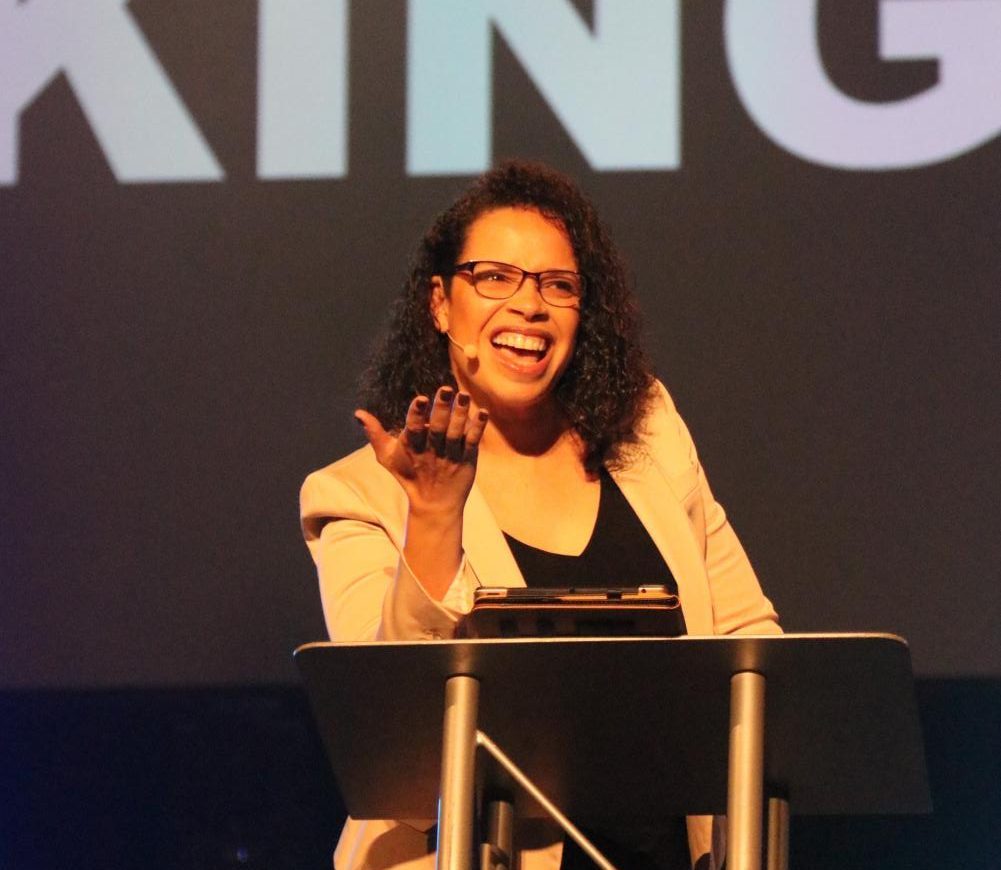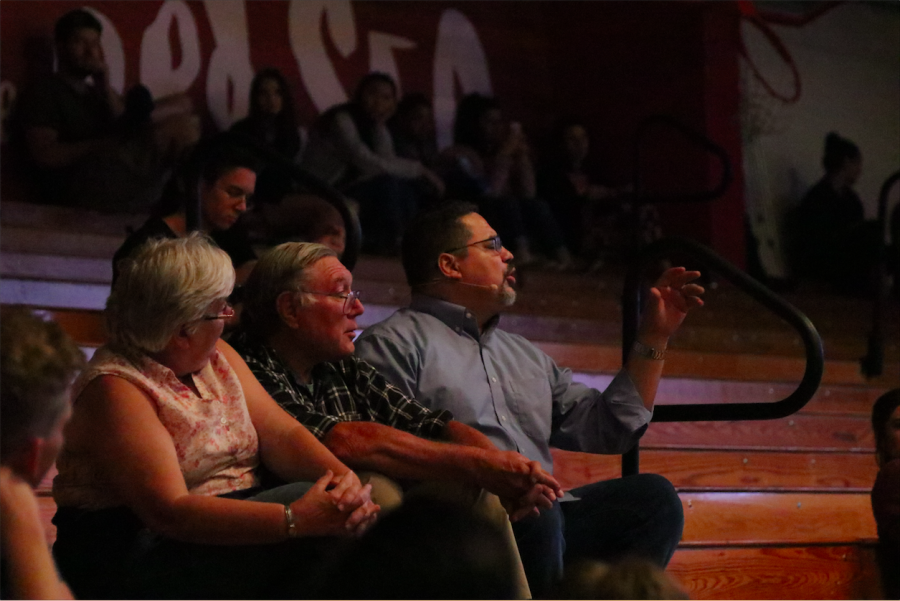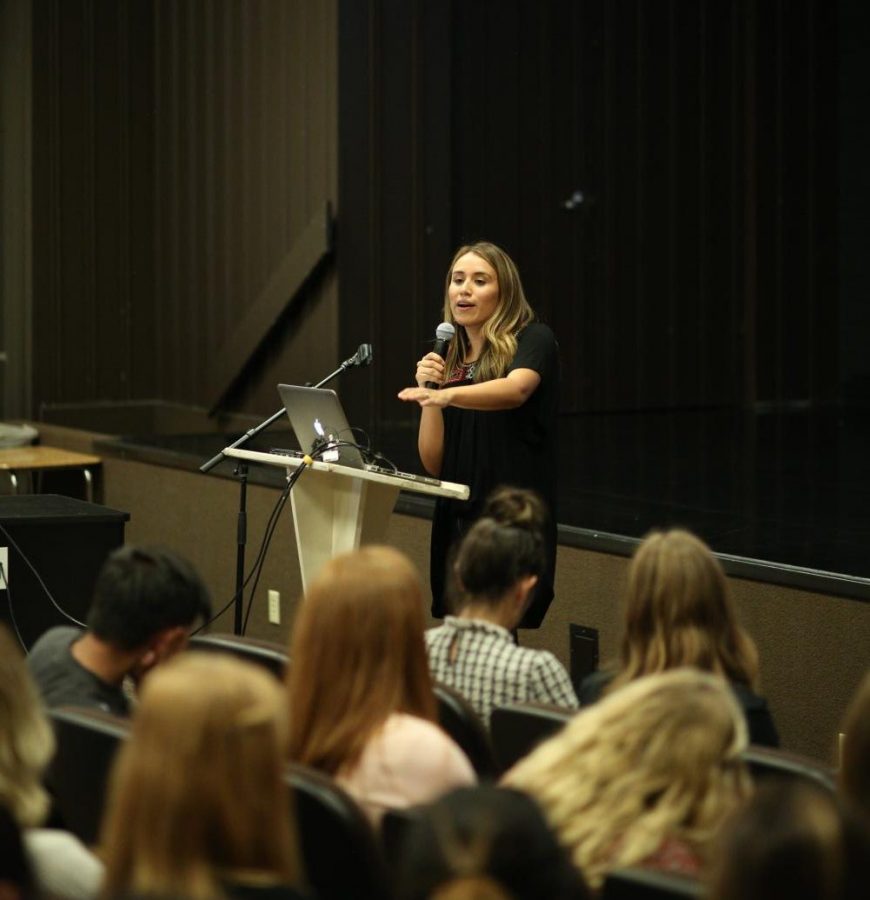Phillis Wheatley was seven years old when she was forced onto the Middle Passage, a slave trade route that would eventually deliver her to the American colonies. Misery and disease were commonplace on the slave ship, as captives were squeezed into tight quarters for months.
Africans had not always been treated so brutally, professor Karen Ellis explained during her Wednesday afternoon Torrey Conference session, “Principles of Perseverance: Learning from the African-American Church Experience.” As indentured servants brought to Europe, they had come on roughly equal footing as other servants. But over a period of less than 60 years, they had lost their rights to property, worship and assembly.
“Marginalization is death by a thousand cultural cuts that happen slowly,” Ellis said to the audience.
But Wheatley’s story did not end on the slave ship. When the girl arrived to the colonies, she was given the name of two other entities: “Phillis,” the name of the slave ship that had brought her to an unfamiliar continent, and “Wheatley,” the surname of her owners.
“DEFECT” INTO VIRTUE
Though many in that society considered Africans as intellectually inferior, Wheatley showed her talent from a young age. She was reading difficult Bible passages by age nine, and mastered both Green and Latin by age 10. When she was 14, she wrote her first poem. She later became the first African-American woman to publish a book.
Though her critics claimed that she could not have possibly written such exquisite poetry, Wheatley knew her skill might be her road to freedom. She also read the Bible often, and saw that, despite what some argued, slavery was utterly inconsistent with its words. Wheatley transformed through her writings, Ellis said, what culture considered a defect—her dark skin—and into a virtue, highlighting passages in the Bible where the Ethiopian is esteemed and given authority. Moses, Wheatley pointed out, married an Ethiopian.
BIBLICAL FREEDOM FROM BONDAGE
By making biblical counterarguments to culture, Wheatley exercised influence without authority, according to Ellis. Those who argued for slavery seemed to only understand the form of the Gospel, while denying its transformative power of love. Though the Mosaic Law included provisions for slavery, Ellis says this was God’s method of regulating sin, but that he never endorsed the practice.
She explained that slavery is the elevation of one human to a God-like status over another. Yet the great story of the Bible is one of freedom from bondage—both physical and spiritual.
Eventually, Wheatley was emancipated. Her writings show a personal decision to support the American Revolution. She, whom some had tried to silence, also wrote letters to George Washington, who showed her respect by responding. She made friends with other Africans, indigenous persons and ethical Europeans, Ellis said, a collaboration which allowed her to push more strongly for both the abolition of slavery and the evangelism to the unreached.
In closing, Ellis said Wheatley came to a strange land, took what it had to offer her theologically, and used the knowledge biblically to hold up the Gospel as a mirror to a culture that had marginalized her. This is influence without authority. The professor also encouraged students to find people in the underground of history like Wheatley, who followed the story of God’s people as closely as they could.
Share their stories, and then do the same.








